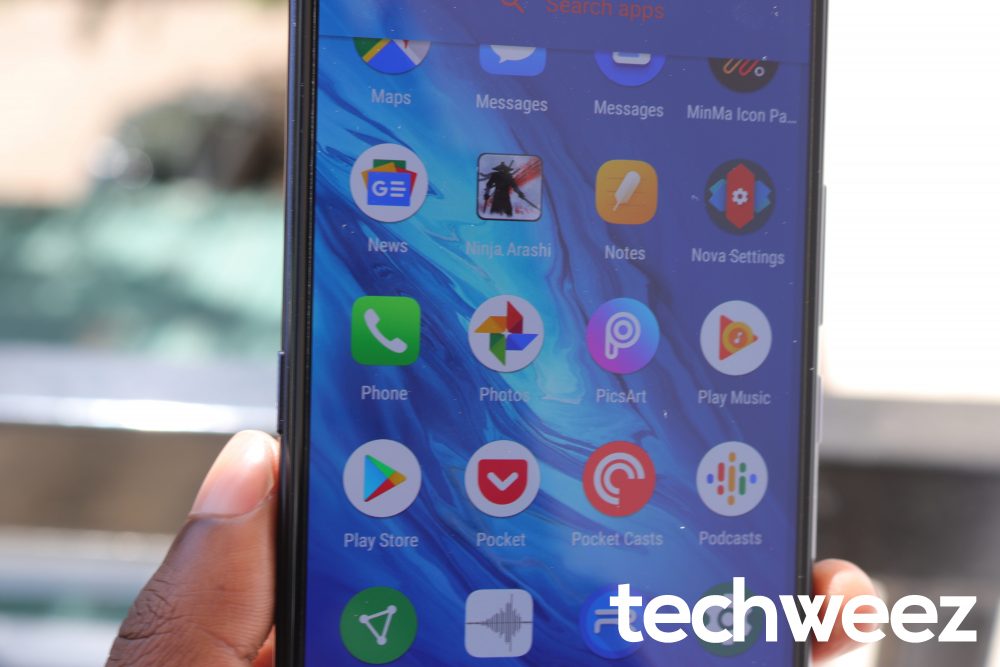There are many ways to hide sensitive images in your phone from prying, compound eyes. Some gallery apps have a feature where you can hide such images in a secure folder. You can also lock the gallery or file manager app using a password (natively built-in some phones, while others need a third-party lock app) altogether, and the likes of Dropbox and OneDrive are equipped with a secure vault feature but others, such as the popular Google Photos, do not.
But not for long.
Google Photos has since been updated with this important too that will see millions of users keep their private images in a secure space.
However, the feature is only available for the Google-made Pixel devices, but will be availed to more Android apps over the coming months.
Named Locked Folder, the feature protects images that should only be seen by your eyes only. You know, the private ones. Everyone has them, or so we think.
Now, the Locked Folder holds images securely via a passcode or fingerprint, which matches your screen lock.
It also means that the protected snaps will not be viewed on your camera roll, memories, and nor can they be accessed by other apps.
To set up the Locked Folder, you need to:
- Open the Google Phots App
- Next, click on Libraries
- Open the Utilities feature
- Click on Locked Folder
- Set up the Locked Folder.
- Afterward, unlock your phone via a PIN or fingerprint. In case you haven’t set up any, the app will prompt you to do so.
As is the usual, Google rolls out these important features to their phones. Now, on Pixel devices, users can save images directly to the Locked Folder through:
- Opening the camera app
- Clicking on Photo Gallery
- Clicking on Locked Folder
In case a user chooses to keep the Locked Folder on, then all your snaps will be kept there.
Also, users can easily move images from the Locked Folder to the camera roll.
There is a catch to all these, though: the Locked Folder does not back up the images to the cloud. The images are stored locally in your phone’s storage. The Locked Folder cannot be backed up too.
Is this a caveat you can live with it?




























